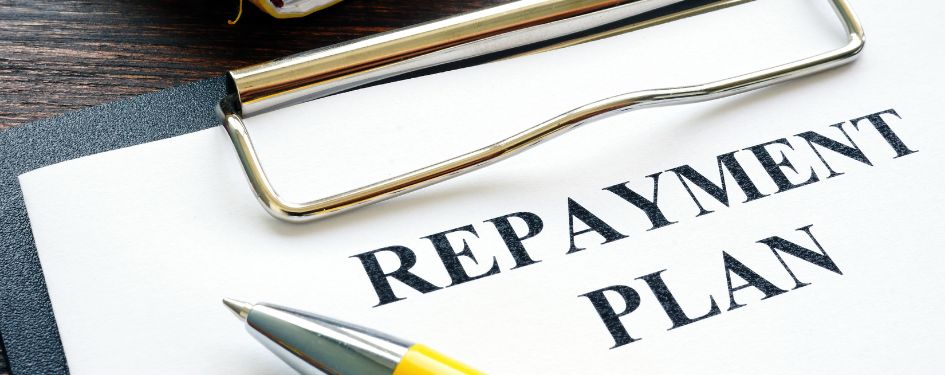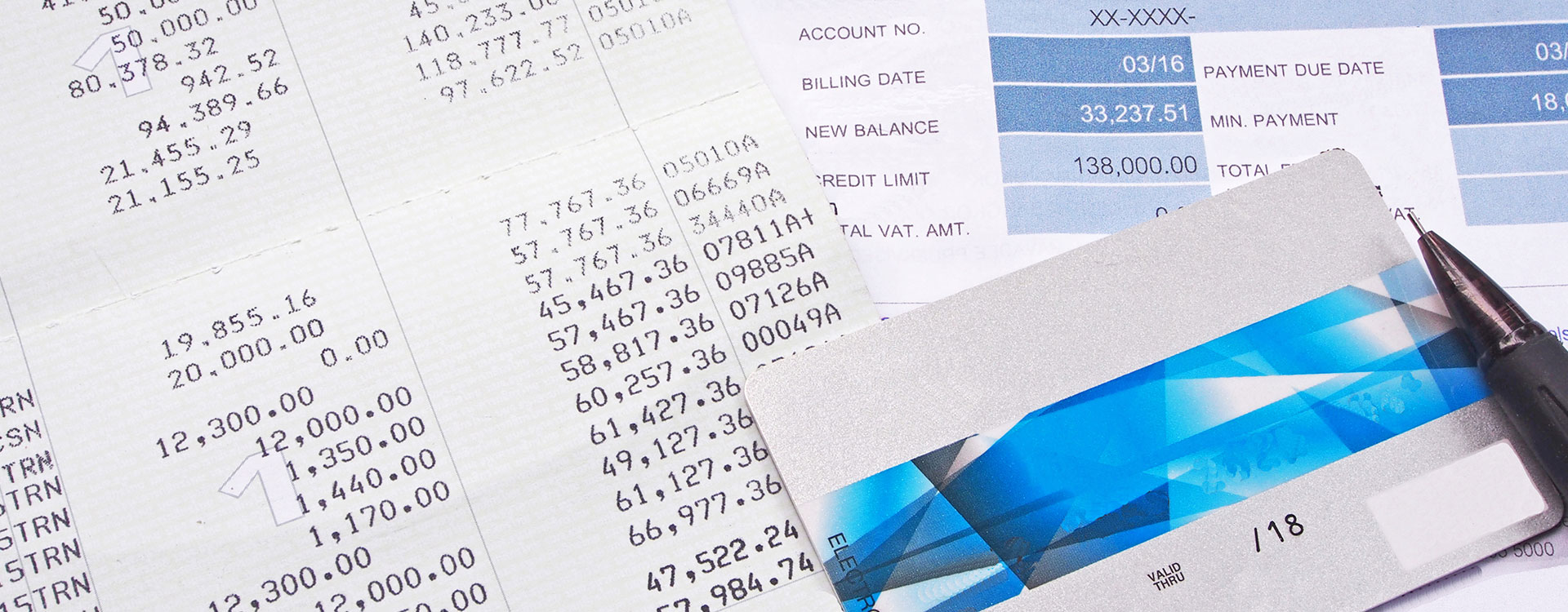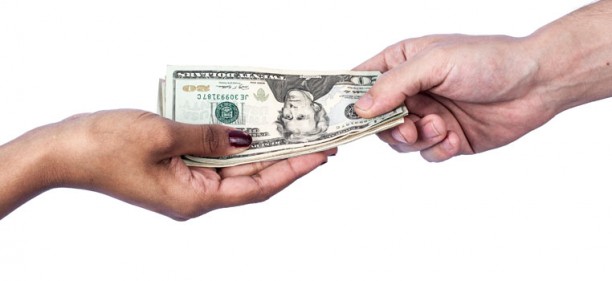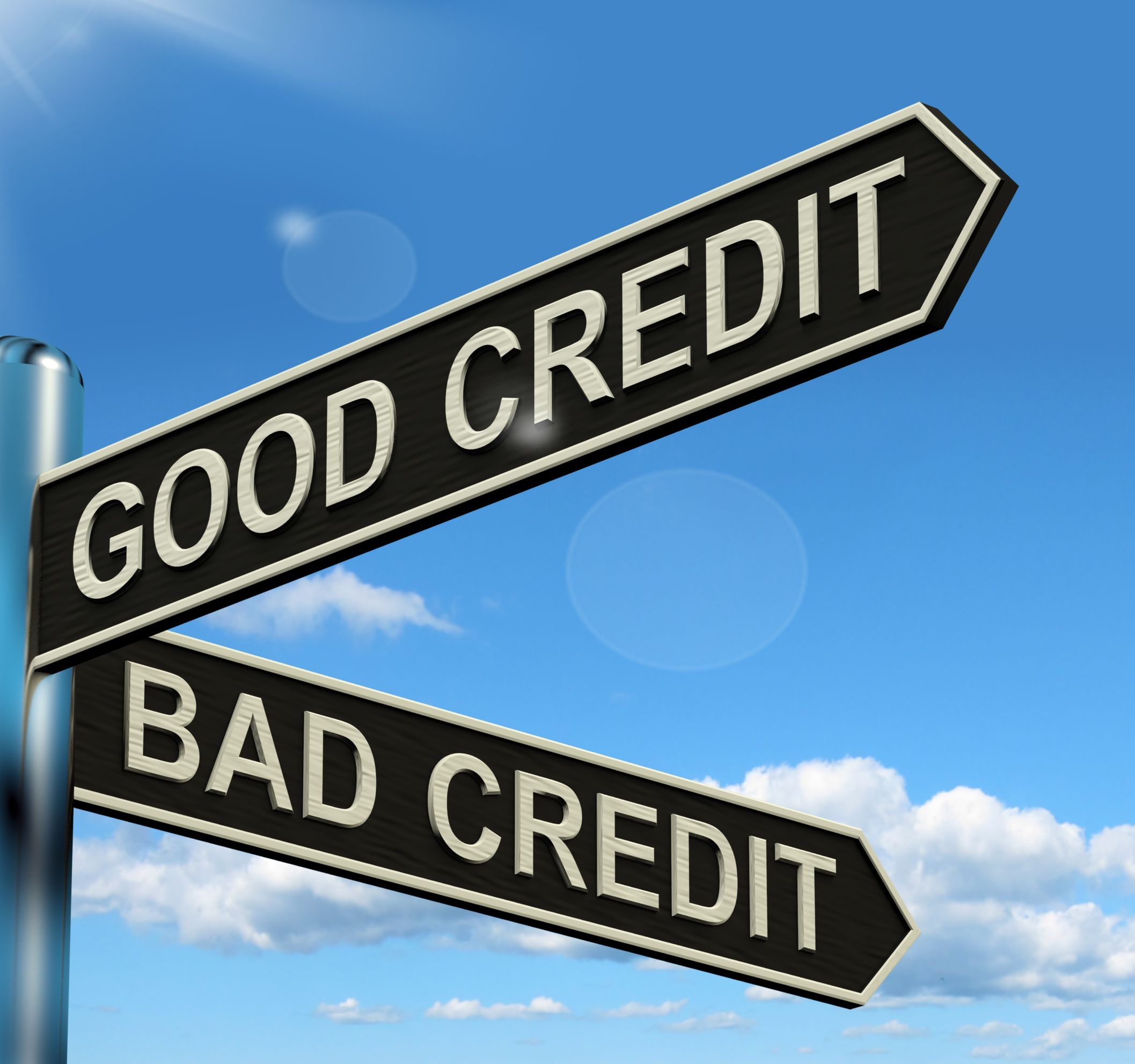While paying off a personal loan early can be a significant achievement that benefits many, it's not always the right choice for every borrower.
Imagine you have just 6-12 monthly payments left on a personal loan you took out a few years ago. You've managed to save up some extra cash, enough to pay off that loan ahead of schedule. But should you go ahead with it?
Well, it depends. Surprisingly, paying off a loan early can sometimes have a negative impact on your credit score. So let's dive deeper into when settling a personal loan early makes sense and when it might be wiser to direct your extra funds elsewhere.
KEY TAKEAWAYS:
- Before deciding to put extra money towards your personal loan, it's important to consider how an early loan payoff could affect both your finances and your credit.
- Paying off a loan early could potentially impact your credit, potentially causing a temporary decrease in your credit score.
- Some lenders may apply a prepayment penalty for any repayment period shorter than the full loan term.
- In cases where a prepayment penalty substantially exceeds the interest savings, paying off your loan ahead of schedule may not be financially advantageous.
Is It Possible To Pay Off A Personal Loan Early?
If you have the financial means to make extra payments, you may indeed be able to pay off a personal loan before its scheduled end date.
However, several factors may influence your ability to make additional payments on a loan, such as prepayment penalties, other higher-priority financial obligations, and investment opportunities – all of which we'll explore in more detail shortly.
Before deciding to put extra money towards your personal loan, it's crucial to consider how an early loan payoff could affect both your finances and your credit.
The Costs Of A Personal Loan
A personal loan operates similarly to other types of loans where you borrow a fixed sum of money from a lender, who provides it to you in a single lump sum. And then you repay the loan over time in regular monthly installments.
One of the main advantages of a personal loan is its flexibility – you can use the funds for nearly any purpose.
However, this flexibility comes at a cost in the form of interest. Lenders charge interest to make a profit from the money they've lent you, and your interest rate is largely determined by your credit score. Typically, personal loan interest rates range from 6% to 36%.
In general, the higher your credit score, the lower your interest rate for the loan.
Does Paying Off A Personal Loan Early Affect Your Credit Score?
Settling a loan early is one of the ways a personal loan can impact your credit, potentially causing a temporary decrease in your credit score.
When you complete the early repayment of a personal loan, the account is closed.
Since your FICO® Score significantly relies on your credit history, closing an account can shorten the length of your credit history, potentially affecting your credit score. It can also reduce the diversity of your credit mix, another factor that contributes to your score.
The extent to which your credit score decreases depends on your specific credit profile, but the dip is typically temporary as long as you continue making on-time monthly payments.
When evaluating the decision to pay off a personal loan early, weigh this potential effect on your credit against the benefits of an early payoff.
The Advantages Of Paying Off A Personal Loan Early
Despite the temporary dip in your credit score, it's essential to consider the long-term benefits of settling a personal loan ahead of schedule.
Saving On Interest: If your personal loan carries a high interest rate or annual percentage rate (APR), you'll end up paying significantly more for your borrowed funds. This is why early repayment of a personal loan often makes financial sense – the sooner you pay it off, the less you'll pay in total interest.
For instance, let's assume you take out a $5,000 personal loan with a 3-year term and an interest rate of 5.95%. If you take the full 3 years to repay the loan, you'll spend slightly over $471 on interest. However, if you choose to pay off the loan in just 2 years, your interest expense would be approximately $315.
These savings are even more substantial for larger loans with higher interest rates and longer terms. For instance, if you borrow $10,000 with a 7% interest rate and a 5-year term, repaying it in 3 years would cost you only about $1,115 in interest, compared to approximately $1,880 if you followed the original 5-year schedule.
Reducing Your Debt-To-Income Ratio (DTI): Your debt-to-income ratio reflects the portion of your income dedicated to covering your monthly debt obligations. Settling a personal loan early can lower this ratio, potentially making you eligible for more favorable loan amounts and interest rates on other loans.
Expanding Your Budget: A well-structured monthly budget ensures you have sufficient funds to meet all your monthly obligations and everyday expenses.
Redirecting the money you'd typically allocate to your personal loan can enhance your monthly savings or budget. You can also use the extra funds to pay down other debts, increase your emergency fund, or contribute to your retirement savings.
When Paying Off A Personal Loan Early May Not Be The Best Choice
While saving money on interest is a sound financial decision, it doesn't mean that everyone should settle their personal loans early.
For some borrowers, this might not be the most advantageous decision for various reasons:
You Have Other Debts To Pay Off: Personal loans typically have lower interest rates compared to credit cards, car title loans, and payday loans, but they usually come with higher rates than mortgage or auto loans. If you have substantial debt on high-interest credit cards or loans, it might be wiser to prioritize paying off those debts first.
To put it into perspective, a personal loan with a 7% interest rate will cost you considerably less than $4,000 in credit card debt at a 20% interest rate, or an 18% payday loan. In such cases, addressing these more expensive debts should take precedence over paying off your personal loan early.
Building An Emergency Fund: If you haven't established an emergency fund, it's often better to postpone early repayment of your personal loan. Instead, allocate your extra funds to build an emergency fund.
An emergency fund is a savings pool designed to cover unforeseen expenses, eliminating the need to accumulate credit card debt to pay for unexpected medical bills or vehicle repairs.
Financial experts typically recommend saving three to six months' worth of living expenses in your emergency fund. If you haven't reached this goal, prioritizing your fund over early loan settlement may be more prudent, and you’ll sleep better at night knowing you have funds available for an emergency and not need to rely on credit.
Investment Opportunities: Depending on your loan's interest rate, you might be able to generate higher returns by investing the funds you would have used to pay off your personal loan. This approach largely hinges on your loan's interest rate compared to potential investment returns.
For example, if you can put your extra money into an investment and earn an 8% return while your personal loan carries only a 5% interest rate, you could potentially make more from your investments than you would save by paying off the loan early.
However, if your personal loan's interest rate is considerably higher, such as 15%, paying it off early would likely be the more financially prudent choice.
Are There Prepayment Penalties For Personal Loans?
Certain lenders may impose prepayment penalties if you settle your loan early.
For instance, if you take out a personal loan with a 5-year term, your lender might charge a prepayment penalty if you pay it off in three years or less.
Some lenders may apply a prepayment penalty for any repayment period shorter than the full loan term.
The specifics of prepayment penalties can vary among lenders.
For example, if you owe $2,000 on your personal loan and choose to settle it early, a lender might charge you 2% of your remaining balance, equating to a $40 penalty.
Others may calculate the penalty based on several months' worth of interest payments.
If you were paying $20 in monthly interest, a lender might charge you for six months of interest, totaling $120.
Some lenders may apply a fixed fee as a prepayment penalty.
Fortunately, it's possible to avoid these penalties by working with lenders that do not impose them.
In fact, many personal loan lenders, including Credit9 do not charge prepayment penalties.
If your lender does impose a prepayment penalty, it's essential to assess whether the financial impact of the penalty outweighs the savings in interest that would result from settling your loan early.
In cases where the penalty substantially exceeds the interest savings, paying off your loan ahead of schedule may not be financially advantageous.
Some Final Thoughts About Paying Off A Loan Early
Paying off a personal loan ahead of schedule can be a wise financial move if it's feasible for your situation.
However, it may not always be the best decision for everyone.
It's crucial to assess your personal finances carefully, taking into account your loan's interest rate, existing debt load, and your preparedness for unforeseen financial emergencies.
By weighing these factors, you can make an informed choice regarding whether early loan settlement aligns with your financial objectives.
How Credit9 Can Help You
At Credit9, we offer loan options that could provide you with the financial solution that works best for you.
Since 2018, Credit9 has provided over $460 Million in loans to over 36,000 of our customers, and we’re confident we can help you too.
For more information about Credit9’s unique debt consolidation services, contact us today to see how we can help you consolidate your debts and receive a free, no-obligation, and fully-customized Credit9 loan solution!



